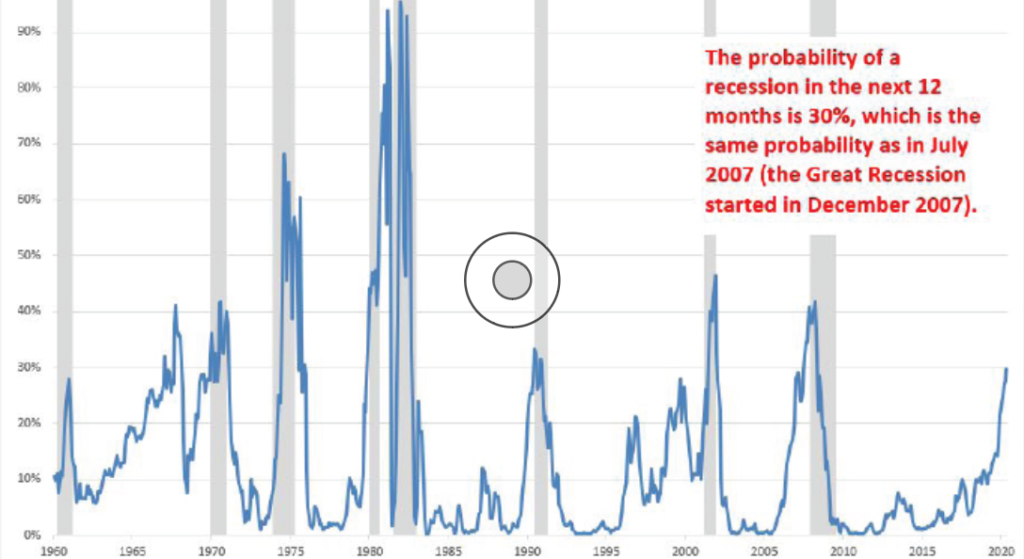By Victoria Zambello
Executive Editor
A survey of 4,000 full-time college students by the Knight Foundation and College Pulsed revealed that 71 percent are “absolutely certain” they will vote in the 2020 election. College-students, many of whom are voting for the first-time, may wonder why many political conversations consistently circle back to the economy.
Ray Kubiak, a portfolio manager (CFA) explains that this election is a strange political era: “There’s a lot of rhetoric, name-calling, and a lot of stuff that’s going on that really doesn’t explain policy, but reflects personality and character,” he said. “As college students, when you are thinking about voting, think about our value system: what do we value more? Which candidate is more in line with our values.”
With this uncertainty and lack of policy, Marc Law, professor of economics at the University of Vermont says the symbolic concept of a leader is important. “There is a great suspicion that Trump doesn’t represent the values of a lot of people. While economics is there and we are in the midst of a recession, there are a lot of other issues that might dominate most people’s minds,” he said.
Students may vote for a number of reasons, from the pandemic to social justice issues. “I just sent in my ballot last week. For me, my determination for voting was dependent on other issues that I am passionate about. For example civil rights issues and whether or not the candidate believes in the science right now of both climate change and with the virus,” said biology major, Ashley McCormick ’21.
“If students are looking at the economy and wanting to base their vote in part on what is going to help the economy, you have to take a step back to say what can my vote do to address the pandemic.” -Patrick Walsh , professor of economics

Why Should You Care?
Roughly one-sixth of the U.S population has a student loan with a cumulative $1.5 trillion in Federal student loan debt in addition to the $119 billion in student loans from private sources, according to the Center for American Progress. The average college student leaves school with around $30,000 in student debt.
“When it comes to student loans, I have not heard much from either party at least from the news I watched. I wish it was broadcasted more and it was more of an issue that was talked about,” said McCormick.
With the current state of the economy in recession, Devon Carroll, senior accountant (CPA) at a private equity firm says it will be more difficult for college-students to receive student loans in the future.“The banks won’t want to lend as much money to people. If they think there is a potential of you losing your job. They are afraid you won’t be able to pay them back and will be less likely to give you a loan,” she said.
The Democratic party presidential candidate, Joe Biden and vice president candidate Kamala Harris are campaigning that for families earning less than $125,000, public colleges and universities will be tuition-free. In August 2020, President Trump signed an executive order to suspend federal loan interest and payments until December 31, 2020. However, Law says that he wouldn’t count on Biden and Harris’s plan for public college and universities to be tuition free within the lines of their campaign, specifically because of the economic crash from the COVID-19 pandemic.
A recession is when the economy experiences rising levels of unemployment and negative gross domestic product (GDP) for an extended period of time; however experts say it is a part of the inevitable business cycle, according to Forbes. “All these big problems go away once COVID-19 goes away. That is the big cloud that is hanging over all of us,” said Kubiak.
When thinking about the future of the economy, Patrick Walsh professor of economics at St. Michael’s college says the economy is very dependent on how the pandemic is handled. “The evidence suggests that there are plenty of developed countries who have done a lot better than we have,” said Walsh. “If students are looking at the economy and wanting to base their vote in part on what is going to help the economy, you have to take a step back to say what can my vote do to address the pandemic,” he continued.
The economic state of America will potentially affect graduating seniors. With the current unemployment rate at 7.9 percent in comparison to the average unemployment rate around four percent, according to the U.S Department of Labor, 2021 graduates may wonder how this will affect them getting a job out of school. “Having a college degree is a tremendous leg up in the job market,” said Walsh. “For college students the unemployment rate is only half of what it would be for someone with a high school degree,” he said.
McCormick said she is not as worried about the unemployment rates because her professors have provided her with hope. “I am lucky because I have heard from many of my science professors that the job market with newly science graduates is good because all of the jobs that have opened up for epidemic research.”
“As college-students, when you are thinking about voting, think about which candidate is more in line with our values.” -Ray Kubiak , portfolio manager

